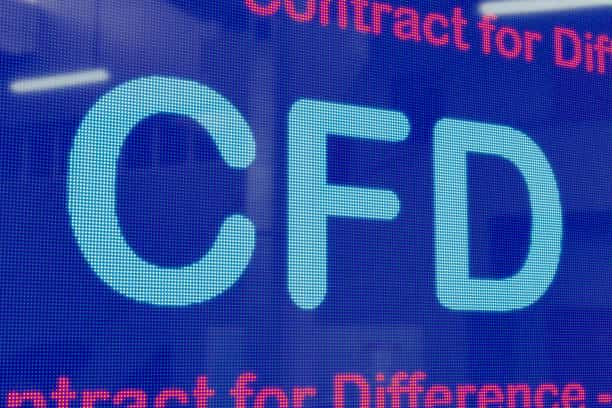Market trading has evolved significantly, and technology has been the driving force behind this transformation. The rapid advancements in technology have reshaped the way we approach the market, creating new opportunities and challenges for traders and investors alike. From high-frequency trading algorithms to the democratization of information, technology has made its mark on market trading, making it more accessible, efficient, and dynamic. Let’s dive into the various ways technology has revolutionized market trading and the role it continues to play in shaping the future of the financial markets.
The Advent of High-Frequency Trading (HFT) High-frequency trading, or HFT, is a form of algorithmic trading that relies on complex algorithms to transact a large number of orders at extremely high speeds. This technology has fundamentally changed the way market trading is conducted, allowing traders to execute trades in milliseconds. HFT systems can analyze vast amounts of data and make decisions based on that information faster than any human could. The impact of HFT on market trading has been profound, as it has led to increased liquidity and tighter bid-ask spreads, which in turn has reduced trading costs for all market participants.
The Role of Big Data in Market Trading Big data has become an integral part of market trading, providing traders with a wealth of information that can be used to make informed decisions. The vast amounts of data generated by the market every day, including transaction data, news feeds, and social media, can be analyzed to identify trends and patterns that may not be apparent to the naked eye. By leveraging big data, traders can gain insights into market sentiment, predict price movements, and make more accurate trading decisions. The use of big data in market trading has also led to the development of new analytical tools and techniques, such as machine learning and artificial intelligence, which are further enhancing the capabilities of traders.
The Rise of Social Trading Platforms One of the most significant changes in market trading in recent years has been the rise of social trading platforms. These platforms allow traders to share their trading ideas, strategies, and performance with others, fostering a sense of community and collaboration. Social trading platforms have made market trading more accessible to the general public, as they provide a way for less experienced traders to learn from and follow the trades of more seasoned professionals. This democratization of market trading has led to a more diverse and inclusive market, where a wider range of voices and perspectives can be heard.
The Impact of Blockchain on Market Trading Blockchain technology has the potential to disrupt the traditional market trading landscape by providing a decentralized and secure way to record transactions. The use of blockchain in market trading could lead to increased transparency, reduced costs, and faster settlement times. While the adoption of blockchain in market trading is still in its early stages, it has the potential to revolutionize the way trades are executed and recorded, making the market more efficient and secure.
The Evolution of Trading Platforms and Tools The technology behind trading platforms and tools has also seen significant advancements in recent years. Modern trading platforms offer a range of features and functionalities that were not available just a decade ago. These platforms provide real-time data, advanced charting tools, and customizable interfaces, allowing traders to tailor their trading experience to their specific needs and preferences. The development of mobile trading apps has further enhanced the accessibility of market trading, as traders can now access the market and execute trades from anywhere, at any time.
The Importance of Cybersecurity in Market Trading As market trading becomes more digital and interconnected, the importance of cybersecurity cannot be understated. Protecting sensitive financial data and preventing cyberattacks is crucial for the stability and integrity of the market. Traders and financial institutions must invest in robust cybersecurity measures to safeguard their systems and data from potential threats. The rise of cyber threats has also led to the development of new security technologies and protocols, which are essential for maintaining trust and confidence in the market.
The Future of Market Trading: AI and Machine Learning The future of market trading is likely to be shaped by the continued development and integration of artificial intelligence (AI) and machine learning technologies. These technologies have the potential to revolutionize the way trades are executed and analyzed, by providing more accurate predictions and insights into market behavior. AI and machine learning can help traders make better decisions by processing large amounts of data and identifying patterns that may not be apparent to human traders. As these technologies continue to evolve, they will play an increasingly important role in shaping the future of market trading.
In conclusion, technology has played a pivotal role in transforming market trading, making it more efficient, accessible, and dynamic. From high-frequency trading to the rise of social trading platforms, the impact of technology on market trading has been profound. As we look to the future, the continued development and integration of new technologies, such as AI and blockchain, will undoubtedly shape the way we approach market trading. It is an exciting time to be involved in the market, as the potential for innovation and growth is limitless.

